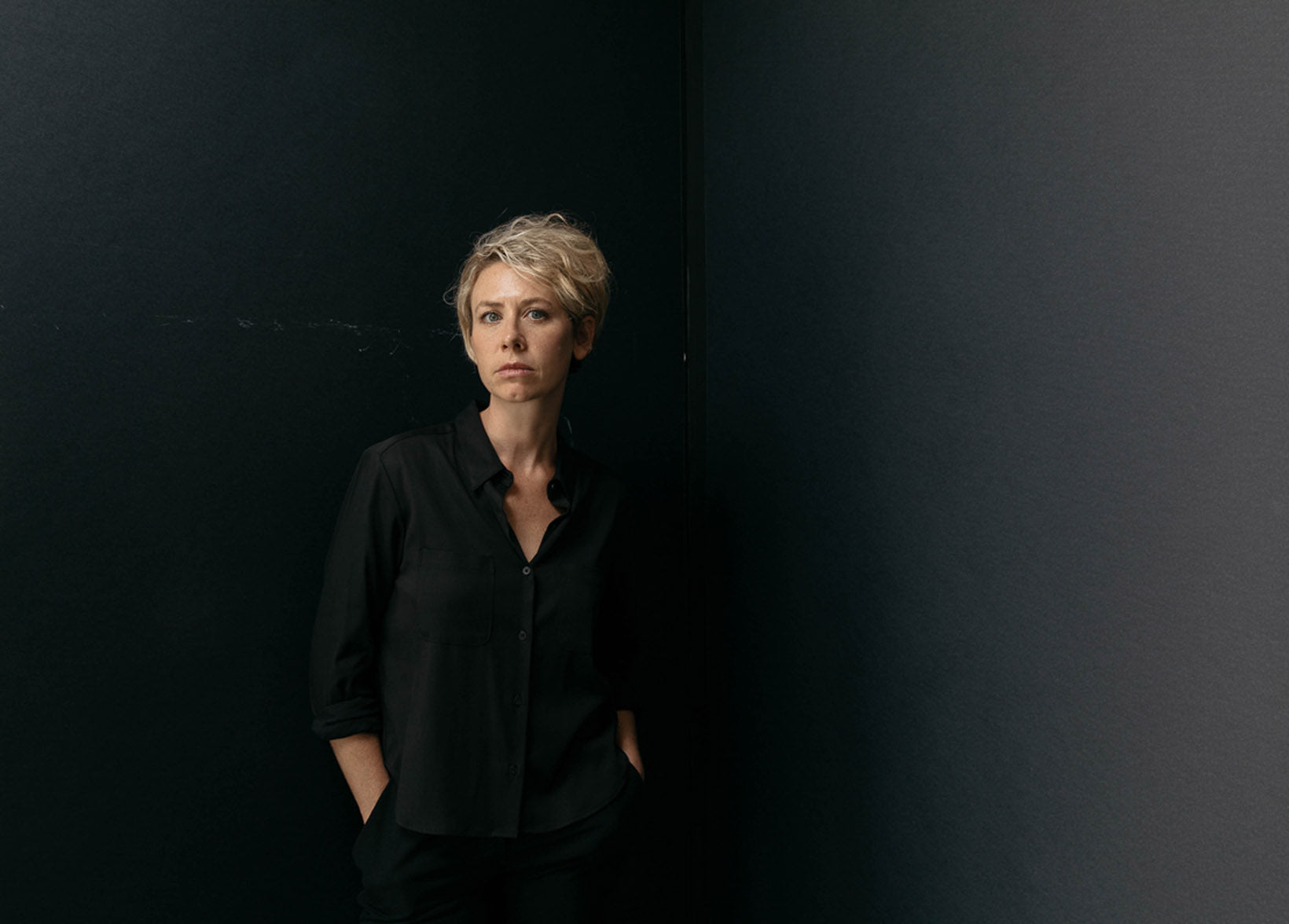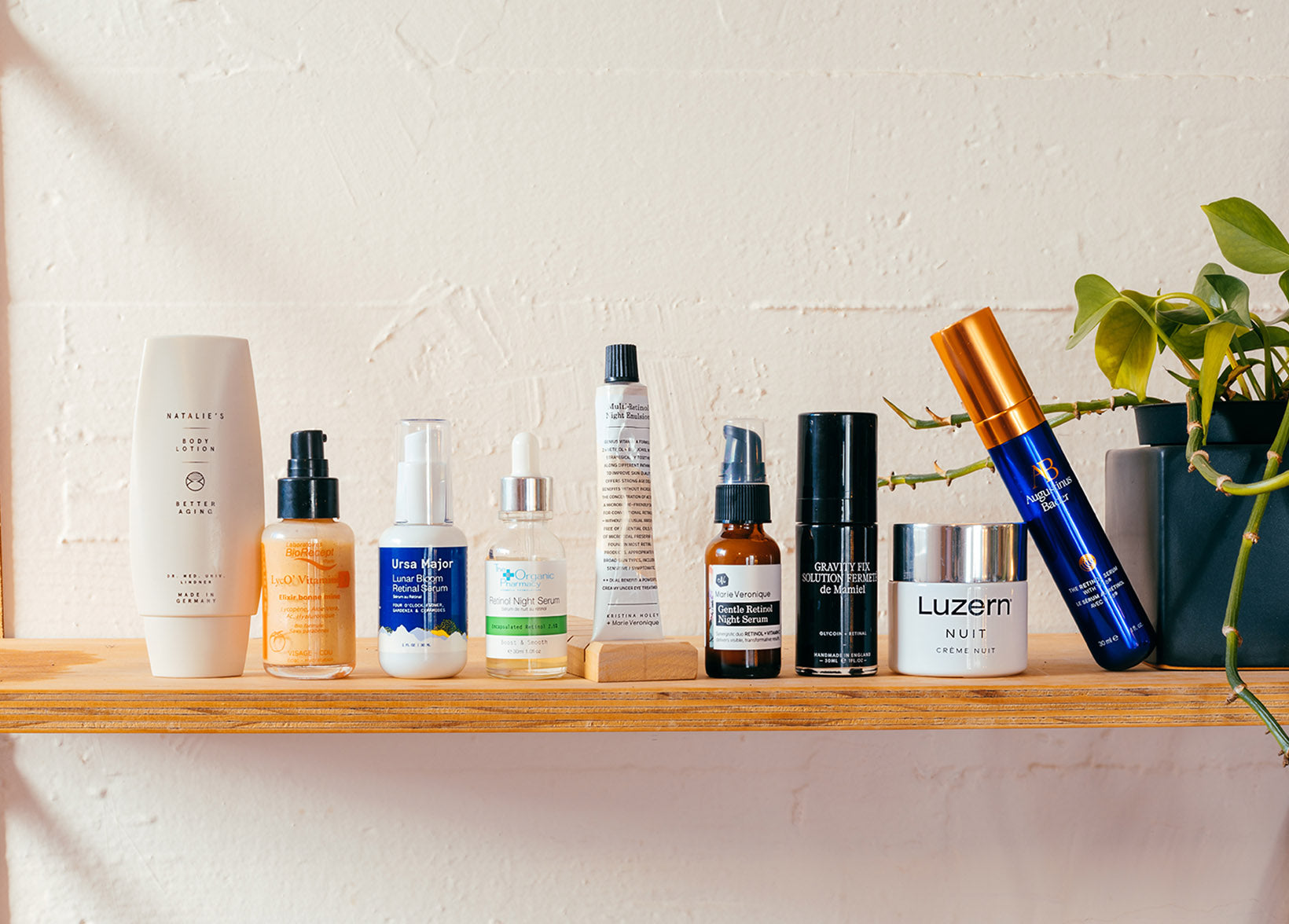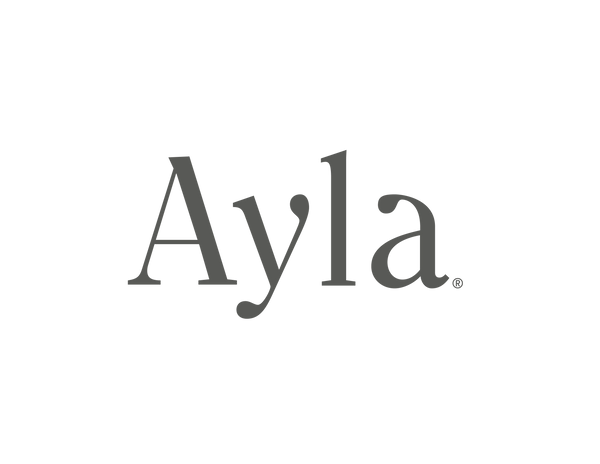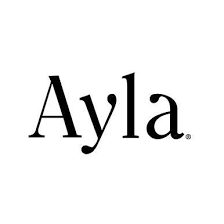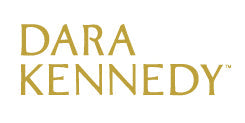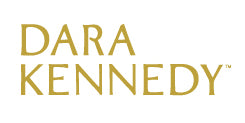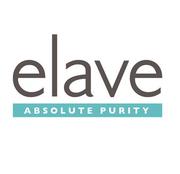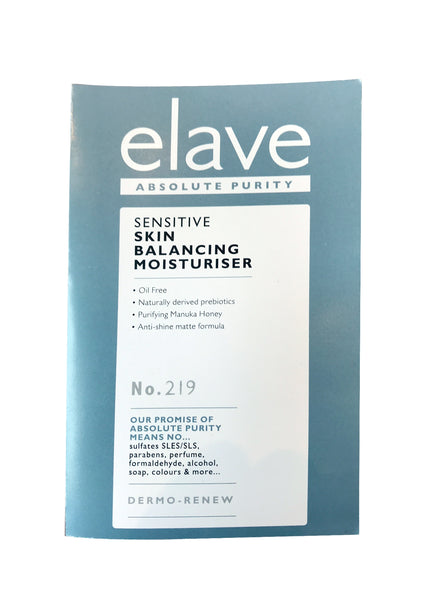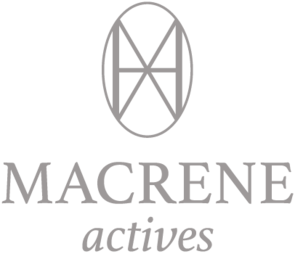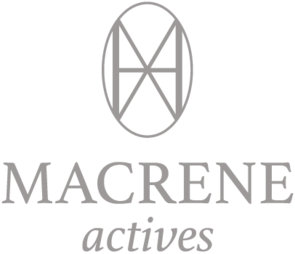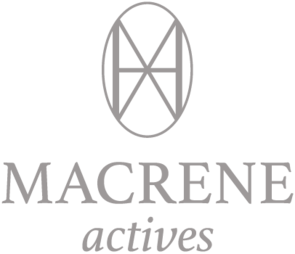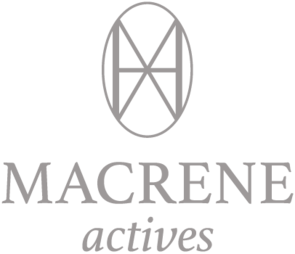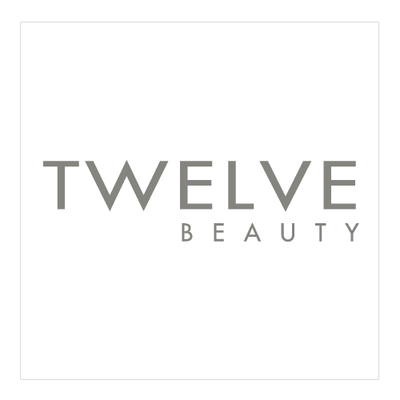Recent Articles

Finding the right hair products can be tricky. Especially because your hair happens to be attached to your scalp — but many hair care brands seem to forget that key fact.
Luckily, Josh Rosebrook did not forget.
This talented stylist (he’ll never mention his long list of celebrity clients, but we will: it includes such luminaries as Ellen DeGeneres, Mila Kunis, and Olivia Wilde) has created a line of products that is as good for your scalp as it is for your hair. Why is he so focused on scalp care? It’s partly because he’s a skincare expert, too, but it’s mainly because he developed this line of products after more than 18 years behind a hairstylist’s chair — where he could clearly see that caring for the scalp could have significant immediate and long-term benefits for the hair itself.
Josh paired this intelligent philosophy with exacting formulation standards, including what appears to be close to an obsession with the highest quality plant-based ingredients. Needless to say, Josh Rosebrook's uber-pure products have a huge celebrity following themselves, for good reason: they just work.
Given our admiration for Josh, he was the first person we approached with a few burning questions we had about shampoo. Shampoo seems like it should be the simplest step in hair care, yet contradictory advice about it seems to be coming out of everyone's ears. Here, Josh sets the record straight.
***
Ayla: How often should you shampoo? Can you wash your hair every day?
JOSH: If you’re using a clean, pure formula, yes! Otherwise, no.
Here’s why. Conventional shampoos remove critical natural oils from the hair and scalp, then coat it with silicones that build up on the hair. Plus, conventional shampoos often contain sulfates. Sulfates can over-clean and throw off the scalp’s pH balance, leaving you extra vulnerable to dermatitis.
Hair stylists often notice that when their clients’ hair and scalp are shampooed daily with conventional products, the scalp becomes dry or flaky and imbalanced, and the hair turns limp or lackluster. To help naturally restore balance to scalp and hair, they’ll instruct clients to limit washing to once or twice a week.
But by changing to pure and clean hair care formulas, the results can be dramatic — and you can wash your hair more frequently. Natural cleansing agents have a kind of intelligence where they don't over-clean and remove protective natural oils that help maintain the right moisture and pH levels in the hair and scalp. Adding specific plant extracts to those cleansing agents helps stimulate the cells in the follicle, and increased circulation in the scalp and follicle is a very important part of creating and maintaining healthy hair.
I recommend that my clients who use my products wash their hair as often as every day, or at least every other day, and I continue to see incredible results. This regular cleansing cycle removes excess oil, dirt and pollution from the hair and scalp. (Most cities have pollution in the air, and oil attracts dirt that accumulates quickly; when the scalp has a buildup of this dirt and oil, the hair’s delicate follicles can weaken and, over time, inhibit hair growth and encourage thinning.)
Ayla: We've found that following the very specific usage instructions on our site for your shampoos — instructions that you very kindly provided — makes a huge difference. Why is that?
JOSH: Conventional shampoos are mostly detergent, so they cause a lot of foaming action very easily with just a little product in one area of the head. People are used to this and expect it. With natural shampoos and their clean surfactants — and their minimal foaming, which helps retain beneficial scalp oils — it can be necessary to explain how to spread out the product and actually clean the whole scalp. People need to not "blop" all the shampoo on top of their head and expect it to reach all areas of the scalp.
Ayla: What about dry shampoo? Do you think it’s good for the hair and scalp?
JOSH: I don't encourage the use of dry shampoos, naturally formulated or not. Dry shampoos do not allow the scalp and follicle to breathe and function properly. As convenient as they are, dry shampoos just disguise and add to the dirt and pollution. Shampooing every day is great for your scalp and hair when approached with the right product and philosophy.
Ayla: What’s your take on the idea that shampoos and conditioners need to be switched up from time to time because they stop working?
JOSH: That’s a funny concept to me. What “works” doesn’t stop if it truly worked in the first place.
Conventional hair products can very much appear to change hair for the better, but only over the short term. Over time, for example, silicone builds up on hair, which actually causes breakage because it’s unable to absorb as much moisture.
I believe that well-formulated, natural shampoos and conditioners work differently from conventional chemical formulations. They’re gentle and intelligent; they work with your body. And shampoos and conditioners like this don't stop working!

Isn't Josh great? We've tested his line of products extensively and have sent it to top stylists to try out, too — and it's invariably one of those brands that everyone falls in love with. Check out the full Josh Rosebrook hair care product line at Ayla here, and one of our expert stylist testers' favorite products (and an alternative to dry shampoo) here.
Any topic discussed in this article is not intended as medical advice. If you have a medical concern, please check with your doctor.

